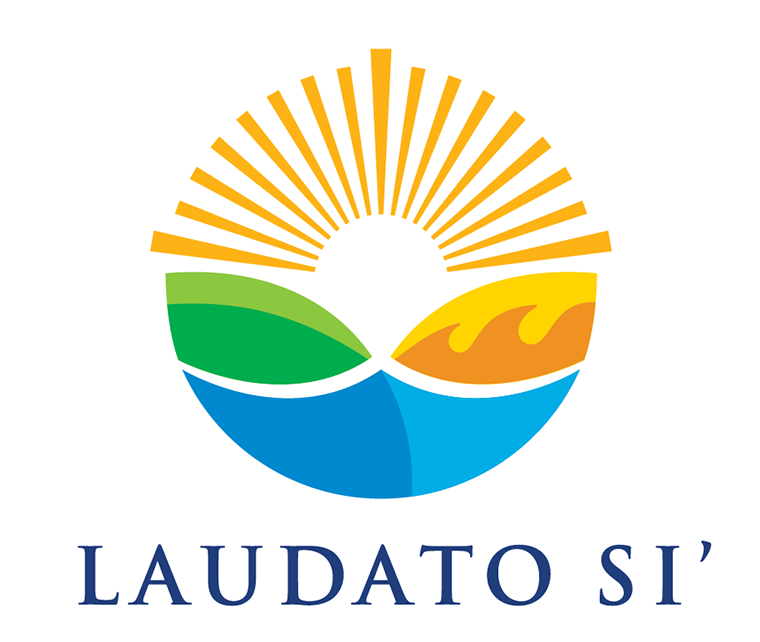Helping to bring Pope Francis’s encyclical to life in our community.
Connecting our Lenten sacrifices to Jesus’ call to feed the hungry
From the Diocese of Syracuse “Care for Our Common Home” Task Force
By Maryanne Barrington
Contributing Writer
“Purchasing is always a moral — and not simply economic — act. … The issue of environmental degradation challenges us to examine our lifestyle” (Laudato Si’, 206).
Catholics traditionally refrain from eating meat on Ash Wednesday and all Lenten Fridays as a reminder that Jesus died on Good Friday, giving up his own flesh for our salvation. It is a discipline intended to unite us to Jesus as well as answer his call to love our neighbors. We abstain from eating meat as a way to be in solidarity with members of our human family who experience hunger on a daily basis.
As stewards of God’s creation, we are called to protect the environment and address the urgent and complex problems caused by industrial farm production. Eating meatless meals is a way to demonstrate our support of sustainable farming practices that benefit both people and planet. Pope Francis, in his encyclical Laudato Si’, expresses the need to protect nature with a growing concern for what is happening to our planet (LS, 19).
Does this mean everyone should become a vegetarian? No, but it is possible for people of faith to share a commitment to control food production and consumption and promote justice and peace. Here are four ways:
• Eat less meat. Cattle use much more land and resources to produce edible meat than what is used to produce plant-based food (e.g., water). According to data from the UN Food and Agriculture Organization, 14.5% of all human-caused greenhouse gas emissions is attributable to livestock farming.
• Avoid wasting food. According to the USDA, food waste is estimated at between 30-40% of the food supply.
• Limit the farmland used to grow corn and soybean for cattle feed and ethanol production. The UN suggests that we’ll need to produce 70% more food by 2050 to meet increased global demand, and we don’t have more land to expand farming. Gains in agriculture will have to be made by more efficient agricultural methods.
• Advocate to end deforestation of land such as the Brazilian Amazon. These forests support the existence of native species and plants and provide a significant amount of carbon capture, protecting us from severe climate change. To satisfy our demand for meat, trees are cut at an alarming rate for grazing land. According to CNBC, deforestation in the Brazilian Amazon broke all records during the first half of 2022. Satellite images taken between January and June 2022 show 1,500 square miles of destroyed forest.
Extreme weather events, exacerbated by climate change, have affected life in many countries. If we are serious about protecting and defending life in all its fullness, we must concern ourselves with climate change issues and how they affect people’s ability to access the abundant life that Jesus came to give us all. One way we can work together during Lent is to donate the money saved from eating less meat to support local parishes’ participation in Catholic Relief Services’ Rice Bowl Project. Rice Bowl participants are invited to journey around the world with CRS and incorporate their Lenten recipes into those meatless Fridays. Give the money saved each week by not eating meat to your CRS Rice Bowl to feed those in need around the world (https://www.crsricebowl.org/recipe.)
The Rice Bowl Project offers financial support for projects to help people experiencing hunger and poverty. MUKTE, a disaster risk reduction project in Bangladesh, supports remote underserved communities to build resilient community structures and households and save lives and livelihoods in the event of natural disasters, including almost constant river erosion. Encouraging results include fewer cyclone-related deaths and crops that can withstand stronger storms (https://www.crs.org/our-work-overseas/where-we-work/bangladesh).







